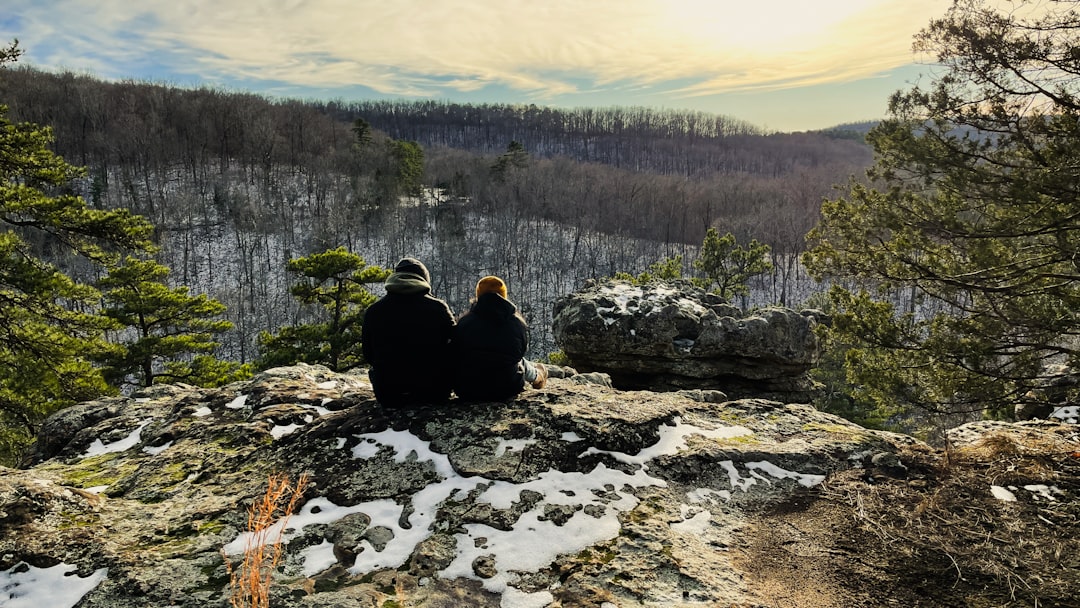In Arkansas, nursing homes must balance privacy protections with oversight using surveillance like hidden cameras for resident safety and abuse prevention. While no specific law addresses hidden cameras directly, general privacy laws apply. Consulting an Elderly Sexual Assault Attorney in Arkansas is vital to navigate these regulations effectively, avoid legal issues related to hidden camera usage, and mitigate risks of elder sexual assault. These attorneys help with proper notification, consent, and limited access to surveillance footage.
In Arkansas, the laws surrounding hidden cameras in nursing homes are stringent, designed to protect the privacy and dignity of elderly residents. This article delves into the legal landscape, exploring how these regulations impact both facilities and their inhabitants, especially in cases of potential elderly sexual assault. Understanding these laws is crucial, often requiring the expertise of an Elderly Sexual Assault Attorney in Arkansas to navigate the complexities and ensure justice for all parties involved.
Understanding Arkansas Laws on Hidden Cameras

In Arkansas, the laws surrounding hidden cameras in nursing homes are designed to protect the privacy rights of residents and ensure their safety. The use of surveillance equipment is regulated by state laws that govern elder care facilities. While there is no specific legislation that directly addresses hidden cameras, the general privacy laws apply to all forms of surveillance, including those used to prevent abuse or neglect.
It’s important for nursing homes and their staff to understand these regulations, especially when considering implementing measures to deter or detect potential elderly sexual assault. Consulting with an experienced elderly sexual assault attorney in Arkansas can help facilities navigate this complex legal landscape. Ensuring compliance with privacy laws not only protects the rights of residents but also strengthens the case should any legal issues arise regarding hidden camera usage.
Legal Implications for Nursing Homes and Elderly Residents

Nursing homes in Arkansas are subject to strict regulations regarding privacy and surveillance, particularly when it comes to hidden cameras. The installation of such devices can have significant legal implications for both facilities and elderly residents. While there may be valid reasons for nursing homes to implement surveillance, including preventing abuse and ensuring the safety of vulnerable individuals, these measures must adhere to state laws and regulations.
Any use of hidden cameras must balance privacy rights with the need for oversight. Elderly residents in Arkansas have the right to live free from unlawful search and seizure, which includes protection against unreasonable surveillance. An elderly sexual assault attorney in Arkansas can guide both victims and facilities on navigating these complex legal matters. Proper notification, consent, and limited access to surveillance footage are crucial elements to consider to avoid potential lawsuits or regulatory penalties for nursing homes.
Role of an Elderly Sexual Assault Attorney in Arkansas

In cases involving alleged elderly sexual assault, an experienced elderly sexual assault attorney in Arkansas plays a pivotal role. These legal professionals are equipped to navigate the complex laws and regulations surrounding such incidents, ensuring that the rights of the elderly victim are protected. They have an in-depth understanding of the state’s legal framework, including any specific statutes related to nursing homes and long-term care facilities.
An elderly sexual assault attorney in Arkansas can provide vital guidance on various aspects, from filing a lawsuit against the responsible parties to advocating for better prevention measures within the healthcare system. They help victims understand their legal options, offer emotional support, and ensure that justice is served. Their expertise involves extensive knowledge of the legal process, evidence collection, and negotiating with insurance companies or institutions to secure fair compensation for the harm suffered by the elderly individual.






